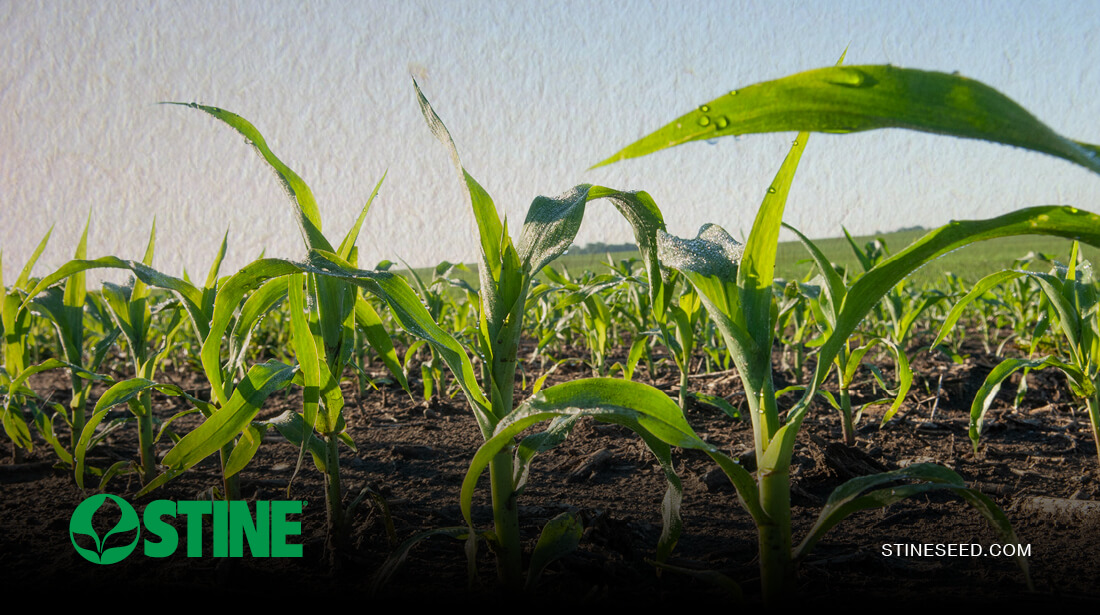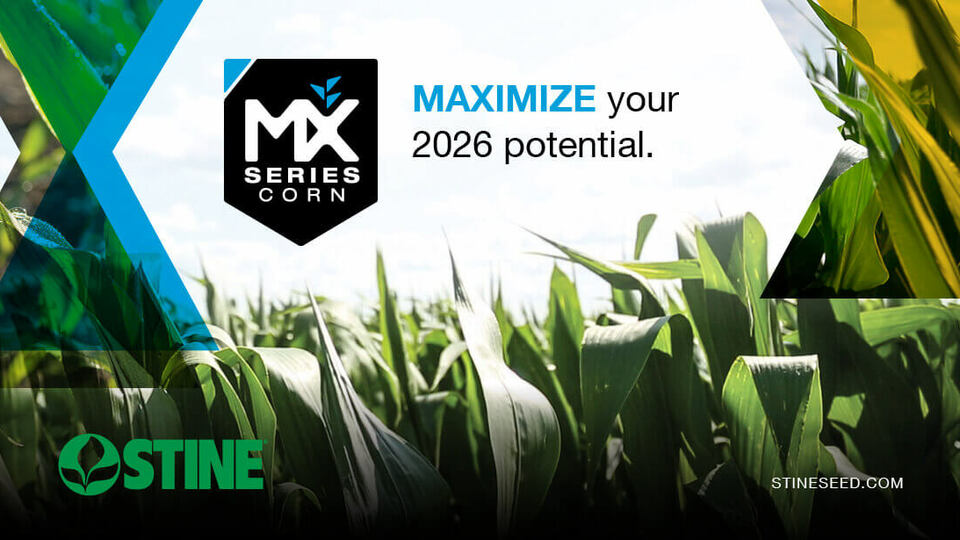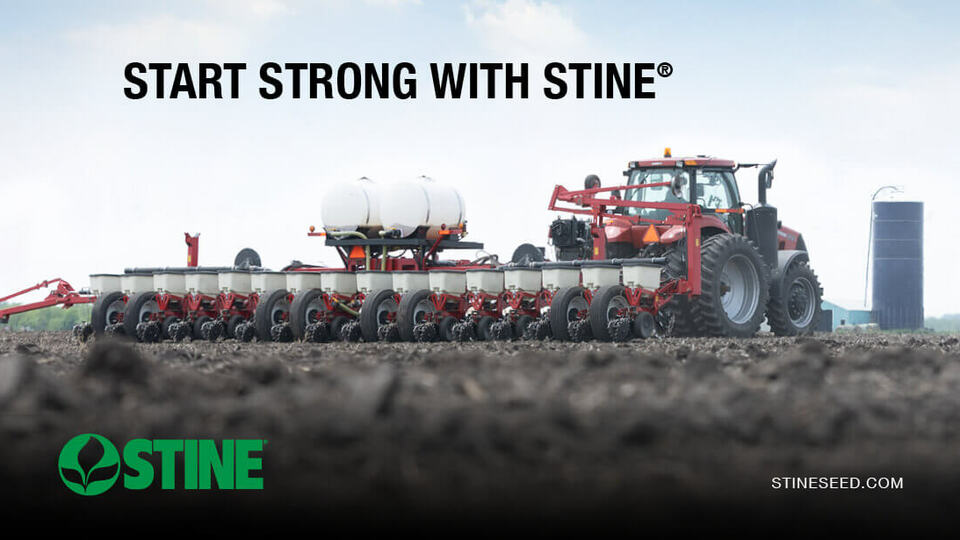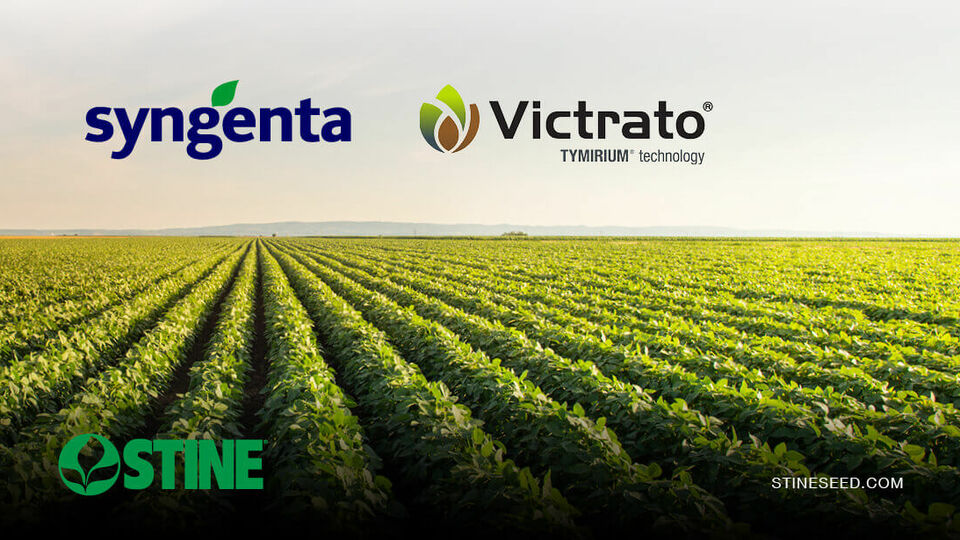The Stine® difference: The value of Stine’s seed corn production process
February 2025At Stine® Seed Company, our commitment to providing growers with the highest-yielding, most resilient corn hybrids extends beyond planting seed. It's an endeavor that demands meticulous planning, specialized techniques and a focus on innovation.

Seed corn production is a complex process. It involves a multifaceted approach and a deep understanding of genetics and plant development.
“When you dive into seed corn production, there’s a lot that goes into it. Just plotting out where things are going to go, versus what the neighbors are going to have, just down to pollen selection … it’s a complex process.”
Steve Luther, Stine Seed Farm Manager
This complexity is evident in every stage. From winter planning, where field selection and planting schedules are carefully coordinated to minimize pollen interference from neighboring fields, to the detailed execution of detasseling operations, Stine employs a sophisticated approach to ensure the highest quality seed.
"We try to keep things as close to home base as possible," Luther says, emphasizing the importance of field location. "We're always trying to figure out the best scenario here to deal with the summer and pollen that comes off someone else's hybrid corn. We don't want that going into what we're making."
Detasseling, a crucial step in seed corn production, also requires precision and efficiency. Ideally, tassels will grow up out of the leaves at 3 or 4 inches after we have run our cutters through. With that tassel-growth extension, we then bring our machine pullers, and they can pull less aggressively. That leaves us with a small percentage to have our walking crews clean up for a final pull. Stine utilizes specialized 60-foot detasseling machines, developed in-house, to ensure thorough and timely removal of tassels.
"We're the only ones that run them," Luther says of the specialized harvesters. "They're old combines that we've converted into seed corn harvesters with the husking beds on board."
The equipment also minimizes seed handling, which preserves seed quality. Combined with efficient drying and shelling processes, when Stine seed reaches growers, its developed for maximum performance.
"The less you handle this corn, the better. The germ will be better; the grain will be better."
Steve Luther, Stine Seed Farm Manager
Our dedication to continuous improvement is evident in our ongoing pursuit of advancements in seed corn production. From the development of narrow-row planting systems to the incorporation of female sterile technology, we consistently seek ways to enhance efficiency, increase yield potential and deliver superior products to our customers.
To hear more about the intricacies of seed corn production, listen to this episode of the “Stine Seedcast” with Steve Luther.
Experience the Stine difference
Stine continues to redefine what’s possible in modern farming. Ready to see the benefits for yourself? Contact your local Stine sales representative or visit our website to learn more about corn from Stine Seed and our corn breeding program.
Related Articles
-

Leveraging drone technology for improved research
February 2026 in Agronomy
-

MX Series Corn by Stine®: Proven performance for 2026
January 2026 in Agronomy
-

Start strong with Stine®: Maximizing your 2026 potential
January 2026 in Agronomy
-

Stine® to offer Syngenta’s Victrato® soybean seed treatment in 2026
December 2025 in Agronomy



